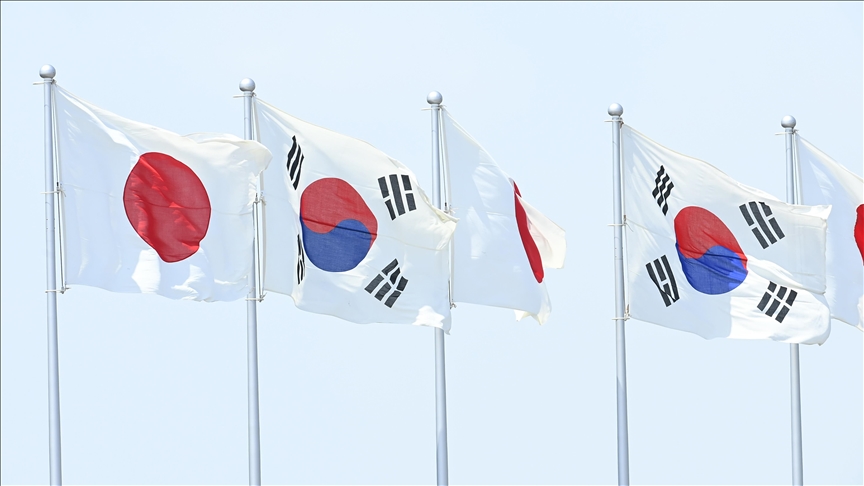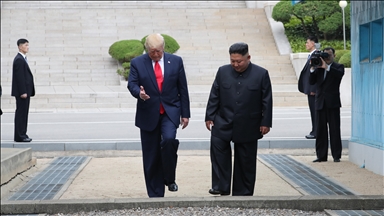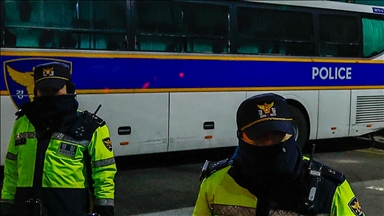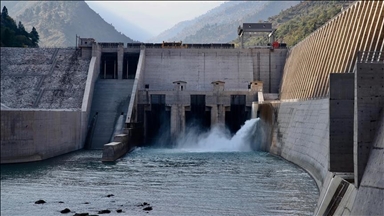South Korean, Japanese leaders vow to cooperate amid shifting global trade order
President Lee Jae Myung hosts Prime Minister Shigeru Ishiba in Busan; 1st time in 21 years Japanese chief executive holds summit with South Korean leader outside Seoul

ISTANBUL
The leaders of South Korea and Japan vowed closer cooperation Tuesday in various areas amid a shifting global trade order, Seoul-based Yonhap news reported.
South Korean President Lee Jae Myung hosted Japanese Prime Minister Shigeru Ishiba in the southeastern city of Busan, marking the first visit in 21 years by a Japanese leader to a location other than Seoul.
The two leaders agreed on the necessity for closer coordination amid a shifting geographical environment and global trade order and to expand the scope of cooperation to new areas, including cooperation on the Arctic shipping route, said South Korean presidential spokeswoman Kang Yu-jung.
Lee expressed hope that the two Asian nations would “build a very close relationship that goes beyond relatable social issues to encompass economic and security issues,” Kang said at a news conference.
The South Korean president said his administration wants to ease tensions and build trust on the Korean Peninsula to resolve the North Korean nuclear issue and asked for Japan's cooperation, Kang said.
"The two leaders reaffirmed their firm commitment to the complete denuclearization of the Korean Peninsula and the establishment of lasting peace," added Kang.
For his part, Ishiba underlined regular exchanges of visits by leaders of the two countries. “They are extremely significant. It is possible to increase their frequency to live up to the name shuttle (diplomacy)," he said, according to Kyodo News.
Ishiba arrived in South Korea on Tuesday for a two-day trip following Lee's visit to Japan last month. It is his first trip to the country since taking office last October.
Ishiba announced his resignation earlier this month, and the ruling Liberal Democratic Party will elect a new leader on Oct. 4 to replace him.
Ishiba stepped down after his ruling coalition lost its majority in both houses of parliament amid voter anger over the rising cost of living.
The meeting came after Japan signed a trade deal with the US this month, while South Korea is negotiating details of its own framework agreement reached in July.
Japan signed a trade deal with the US in early September that established a baseline 15% tariff on nearly all Japanese imports, in exchange for a $550 billion Japanese investment in US projects.
In July, Seoul and Washington agreed in principle to a deal under which the US reduced tariffs on imports from South Korea from 25% to 15% in exchange for Seoul’s commitment to invest $350 billion in the US.
But the two sides remain deadlocked on how the investment fund will be structured. Without a deal, South Korean imports could again face a 25% tariff.








